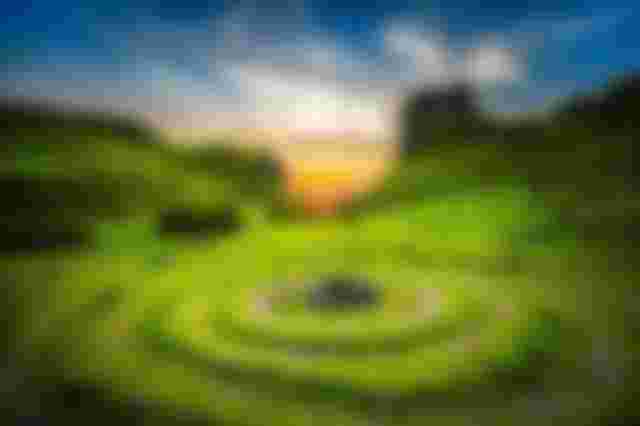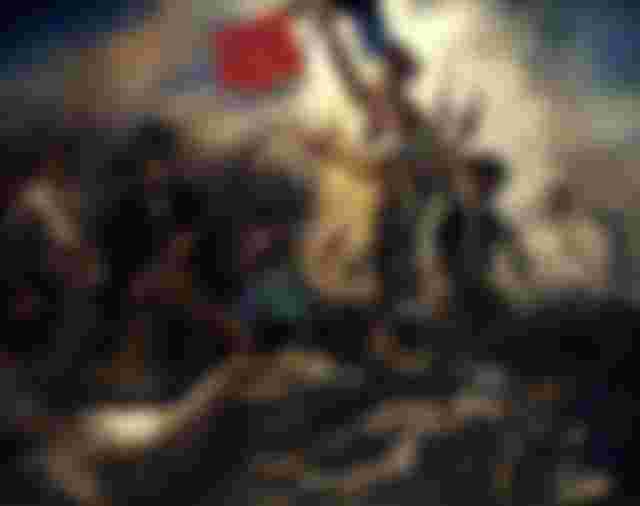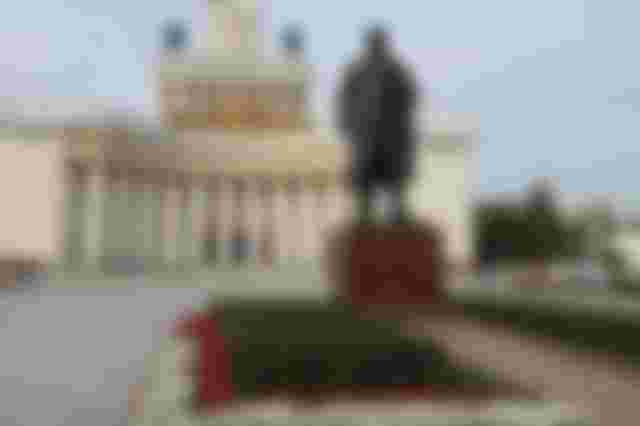The work of every historian contains subjective elements and is subject to the influences of time and place. Absolute and timeless objectivity is an unreal abstraction. But history requires the selection and ordering of past events in the light of a principle or standard of objectivity accepted by the historian, which necessarily includes elements of interpretation; without this, the past is diluted in a swarm of innumerable isolated and insignificant incidents, and history cannot be written.

The main subject of history is the same as that of the other social sciences: the behavior of man in society. What gives history a specific character, from which other differences derive, is that it studies such behavior in the past. Relations between history and the other social sciences (sociology, anthropology, economics) are necessary and valuable; the historian can learn from the methods with which social scientists study their problems in the present. Of course, caution is called for and I am personally suspicious of some recent experiments in applying mathematical and economic techniques to history, since such techniques do not seem to take sufficiently into account the complexity of the historical process. Social scientists can also learn from the historian that the situations they encounter in the present are never static; and it is necessary to study them in the light of past situations, from which they derive, and of future situations towards which they evolve; all social science is, in this sense, historical.
When history refers to individuals, it seems easy to establish cause and effect relationships; for example, the marriage policy of the Habsburgs or the ambitions of Isabella I of Spain were the cause of the expansion of the country. How can you establish cause and effect relationships in social history? How can you establish whether the French Revolution was the cause or the effect of the predominance of the bourgeoisie?

No important event, in daily life or in the historical process, is the product of a single cause. There are probably several causes at different levels, and the investigator must separate the cause or causes that seem significant from incidental or trivial causes.
I have no special knowledge of the Habsburgs or of the period of Spanish hegemony in Europe, but I suppose that there were factors of greater significance that favored the atonement of their power, and that thanks to these factors the marriage maneuvers of the Habsburgs and the ambition of Isabella were crowned with success.
A better known example is that of the last Tsar of Russia, Nicholas II, who was an extremely stupid man, while Lenin was a political genius, undoubtedly, these personal factors influenced the events, but they were not significant causes. If I had to say what were the most significant causes of the 1971 revolution, I would look for it in the deep divisions in Russian society. The question of whether the rise of the bourgeoisie was the cause or the effect of the French revolution is an incorrect approach, when an event takes place at the central point of a long continuum - the transition from feudal aristocracy to bourgeois democracy. The French Revolution can be both an effect and a cause. The French Revolution is a very controversial matter, but I think we could say that, in the second half of the eighteenth century, interests and ways of life and thought that could be called bourgeois had so undermined the feudal monarchy that it had no possible defense, regardless of the fact that those who overthrew it were specifically bourgeois or consciously pursued bourgeois aims.

In the social sciences, including history, an additional problem arises: men study their own behavior, and the realization of the predictions resulting from their study may be affected, favorably or adversely, by the very fact of having made those predictions; the prediction itself becomes part of the situation under study. However, I believe that an understanding of the past, the purpose and function of history, leads to a greater understanding of the present and the future, the historical process is continuous, we cannot begin to understand how the past has evolved into the present without knowing how the present evolves plausibly into the future, although it does not mean, of course, that history will enable us to predict particular events and incidents, many of whose multiple causes lie outside its field.
Both, the past does not suddenly and completely disappear into the present. The French saying le saisit le vif (clinging to life) expresses the influence that the past sometimes seems to exert on the present, on the other hand even when the external forms of the past remain intact, its content is subject to a process of continuous change, which sometimes goes unnoticed. History is the product of the interrelation of the principles of continuity and change.
Note: article inspired by an interview to the persnality: Edward H. Carr.
My most recent articles:



I agree with the points you want to convey here. If we study history it mustnot be encircle to the past time but we must be successful to see the present I tregration with the past events.
Also it is true that only one is not necessary for the changing environment it relies on millions and millions of reasons.
But in ground we only observe one cause effect.